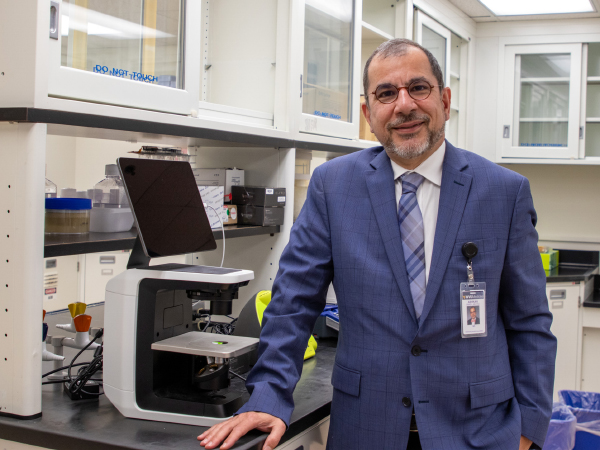Investigators at the Johns Hopkins Kimmel Cancer Center and its Bloomberg~Kimmel Institute for Cancer Immunotherapy have found that a subset of mutations within the overall tumor mutation burden, termed “persistent mutations,” are less likely to be edited out as cancer evolves, rendering tumors continuously visible to the immune system and predisposing them to respond to immunotherapy.
To access this subscriber-only content please log in or subscribe.
If your institution has a site license, log in with IP-login or register for a sponsored account.*
*Not all site licenses are enrolled in sponsored accounts.
Login Subscribe
If your institution has a site license, log in with IP-login or register for a sponsored account.*
*Not all site licenses are enrolled in sponsored accounts.
Login Subscribe







